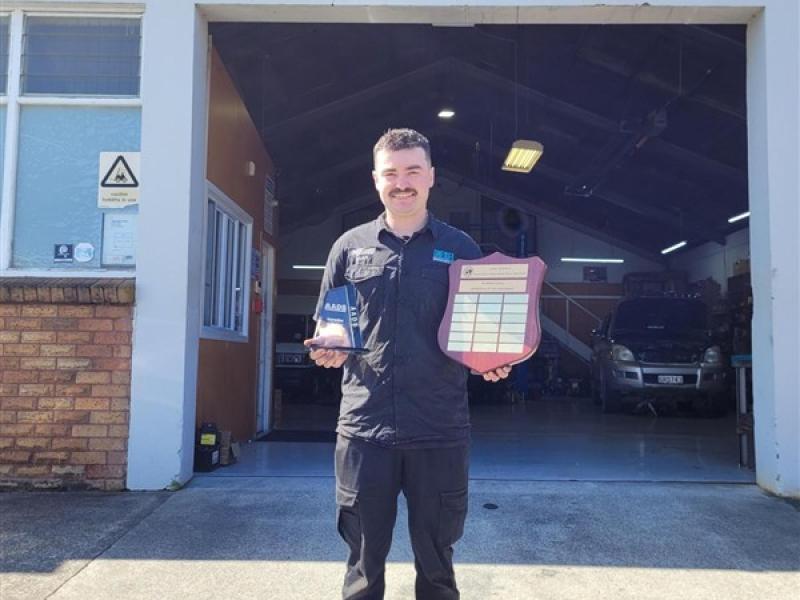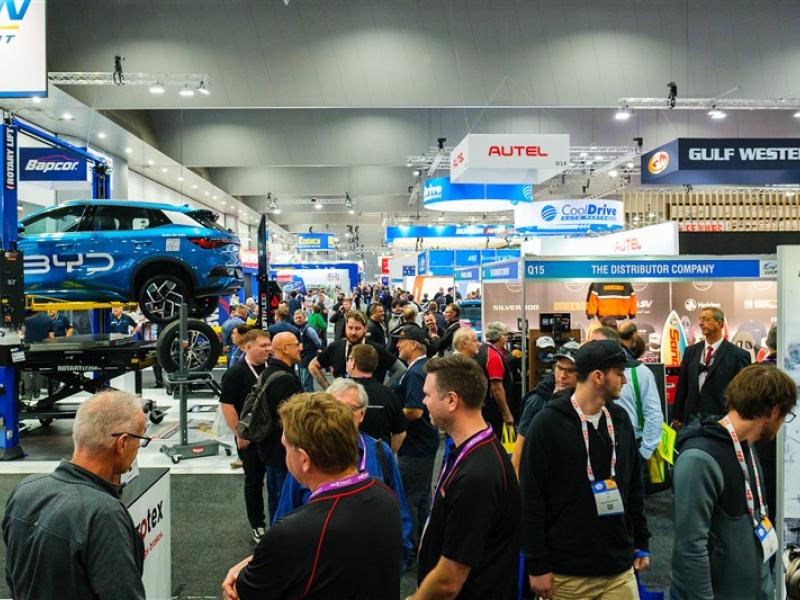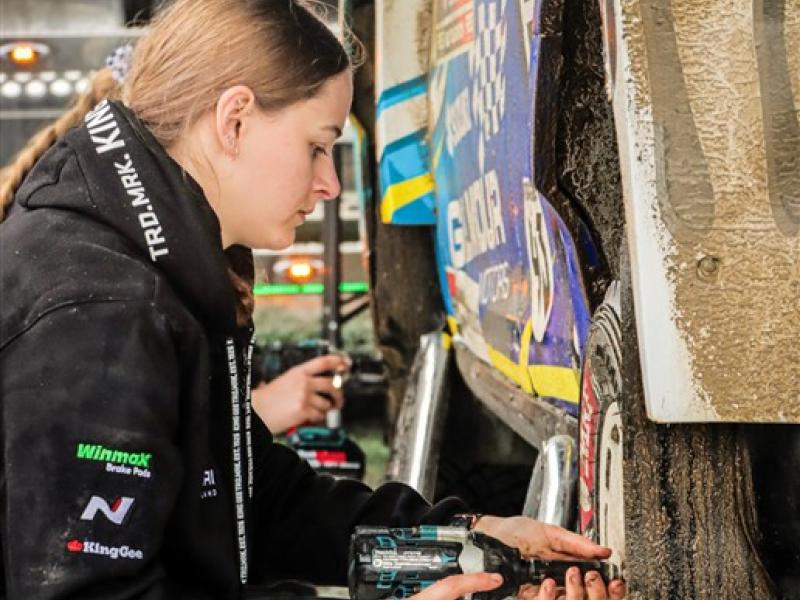By John Oxley
I was chatting to a mate the other day, and he told me about a friend of his who had just taken delivery of a new Tesla. Claimed the guy had driven hands-off-the-wheel from Auckland to Hamilton.
I tend to think he only used Tesla’s Autopilot mode on highways (in fact Tesla says it only works on highways), but my mate didn’t know any more details, and we didn’t get into the ethical, moral, or legal aspects of the story. Suffice to say if it’s true it’s pretty impressive.
The whole purpose of the move towards self-driving, or autonomous, cars (and trucks) is to improve safety, and at the same time to counter the almost-catatonic state many drivers get into when they’re in a queue of traffic.
But just how “autonomous” is that new car you’ve got your eye on? Fact is, there are many degrees of autonomy, with the fully autonomous self-driving car, one that will drive itself from its parking place or garage, pick you up at the front door, and take you from your home in the suburbs, across town, along a highway, and to your brother’s house in a suburb in another town, way off the radar.
The good news is that the clever boys and girls at the Society of Automotive Engineers (SAE) have come up with a table which defines the various levels of autonomy.
In true SAE fashion, it’s got a standard number – J3016 – which defines six levels of automation for vehicle manufacturers, suppliers, and of course the ever-present lawmakers, to refer to when classifying a system’s sophistication.
The first is Level 0 – no automation. This means the driver is totally responsible for acceleration, braking, and steering, with no involvement from any electronic aids. This does not include electronic stability control, ABS braking, or such features as automated emergency braking, and lane keeping assistance, since the SAE says: “These merely provide momentary intervention during potentially hazardous situations.
“Due to the momentary nature of the actions of active safety systems, their intervention does not change or eliminate the role of the driver in performing part or all of the driver’s ‘dynamic driving task’ (DDT), and thus are not considered to be driving automation.”
This means most of the cars currently on the road fall into Level 0.
The next step is Level 1 – Driver Assistance. There are now a number of vehicles which qualify in this sector, since it includes cars with systems that perform either steering or acceleration/deceleration (but not both at the same time) “using information about the driving environment and with the expectation that the human driver performs all remaining aspects of the dynamic driving task.” An example of one of these features is adaptive cruise control, using radar or cameras, and which accelerates or brakes the car according to the speed of the car in front. This feature is finding its way into many range-leading cars, as well as premium-priced vehicles such as German luxury cars.
Level 2 is called Partial Automation. This is where it starts to get exciting. The car can steer, accelerate, and brake, again using information supplied by its sensors, but the driver is still expected to keep at least one hand on the wheel at all times, and will need to instruct the vehicle to respond to traffic signals or change lanes, or do so manually.
Examples of this are Tesla Autopilot, Mercedes-Benz Driver Assistance Systems, as well as Volvo’s Pilot Assist.
In all these three levels, it is expected that the driver remains in control of the vehicle at all times, and in SAE’s words “monitors the driving environment”.
The next step in the SAE rating system is a big one, and it’s the level where many manufacturers have begun to take a reality check, as they realise that it’s a lot harder than they expected.
Volvo and Ford, for instance, have already pushed back some of their programmes, and we certainly won’t be seeing many fully-automated cars in general use within the next 4-5 years, if not longer. Volvo was supposed to initiate its “Drive Me” study in December last year to find out how 100 Swedish families react to driving in a fully-autonomous car, but this has reportedly been pushed back to 2021, and the number of cars scaled back. And the cars will be Level 2, not Level 4, as originally planned.
Which brings is onto the next SAE set, described by SAE as “automated driving systems that monitor the driving environment”.
The first in this group is Level 3 – Conditional Automation. This level means that in the right conditions the car can manage most aspects of driving, including monitoring the environment. However, at this level there is an expectation that the driver will be called on to monitor, and probably intervene, when the system encounters problems it can’t deal with – most notably this would occur in the ever-changing cut and thrust of city traffic. The system will notify the driver when it encounters these situations, and request manual override, or even initiate it.
The Audi AI Traffic Jam Pilot is the world’s first system that enables SAE Level 3 conditional automation and can drive itself in a traffic jam or slow-moving highway traffic up to 60 km/h so drivers no longer need to continuously monitor the vehicle and the road. They must merely remain alert and capable of taking over the task of driving when the system prompts them to do so.
The system handles starting from a stop, accelerating, steering and braking in its lane. It can also handle demanding situations such as vehicles cutting in closely in front. If the driver has activated the Traffic Jam Pilot they can take their foot off the accelerator and their hands off the steering wheel.
Level 4 is High Automation, where the car can operate without human intervention, even if the driver doesn’t respond to a request from the car to intervene. This might operate like the Google car (now called the Watmo), in prescribed areas, without any driver at all, or in a privately-owned car the driver might manage the driving in built-up areas and then swap over to the role of passenger when they get to a highway.
And finally, the “Holy Grail”, Level 5, Full Automation. Simply put, the car can operate on its own on any road and in any conditions a human driver could negotiate. The driver would simply enter a destination on the car’s GPS, and the car would take over from there. So far there are no production cars that can manage this, and given the problems encountered in producing Level 4-ready vehicles, it seems unlikely we’ll see any within the next 10 years.
However, it must be noted that although the technology may become available, the legal aspect of driverless cars may be one that will harder for the authorities to get to grips with. Remember, it took 31 years before the Red Flag Act was repealed in the UK, an Act that required a pedestrian waving a red flag or lantern to walk in front of a self-propelled vehicle to warn pedestrians and horse-drawn traffic of its approach!






